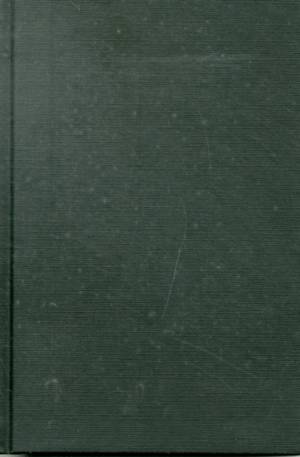
- Retrait gratuit dans votre magasin Club
- 7.000.000 titres dans notre catalogue
- Payer en toute sécurité
- Toujours un magasin près de chez vous
- Retrait gratuit dans votre magasin Club
- 7.000.0000 titres dans notre catalogue
- Payer en toute sécurité
- Toujours un magasin près de chez vous
Analysing English as a Lingua Franca
A Corpus-Driven Investigation
Alessia Cogo, Martin Dewey
Livre relié | Anglais
390,45 €
+ 780 points
Format
Description
There have been considerable recent demographic shifts in the use of English worldwide. English is now undoubtedly (and particularly) an international lingua franca, a lingua mundi. The sociolinguistic reality of English language use worldwide, and its implications, continue to be hotly contested.
This is one of the first books to provide a detailed and comprehensive account of recent empirical findings in the field of English as a lingua franca (ELF). Cogo and Dewey analyze and interpret their own large corpus of naturally occurring spoken interactions and focus on identifying innovative developments in the pragmatics and lexicogrammar of speakers engaged in ELF talk. Cogo and Dewey's work makes a substantial contribution to the emerging field of empirical ELF studies. As well as this practical focus, this book looks at both pragmatic and lexicogrammatical issues and highlights their interrelationship. In showcasing the underlying processes involved in the emergence of innovative patterns of language use, this book will be of great interest to advanced students and academics working in applied linguistics, ELF, sociolinguistics, and corpus linguistics.Spécifications
Parties prenantes
- Auteur(s) :
- Editeur:
Contenu
- Nombre de pages :
- 216
- Langue:
- Anglais
Caractéristiques
- EAN:
- 9781441137258
- Date de parution :
- 10-05-12
- Format:
- Livre relié
- Format numérique:
- Genaaid
- Dimensions :
- 160 mm x 239 mm
- Poids :
- 476 g

Les avis
Nous publions uniquement les avis qui respectent les conditions requises. Consultez nos conditions pour les avis.






